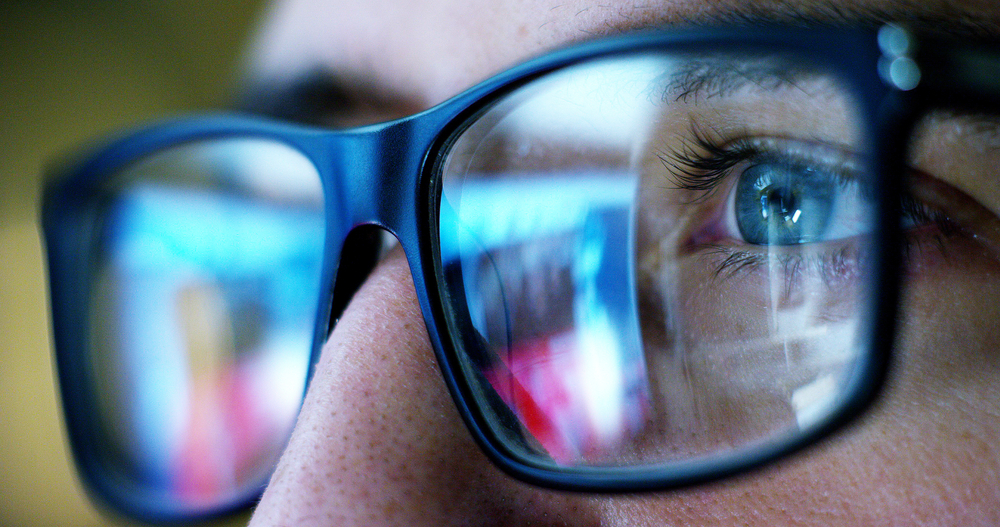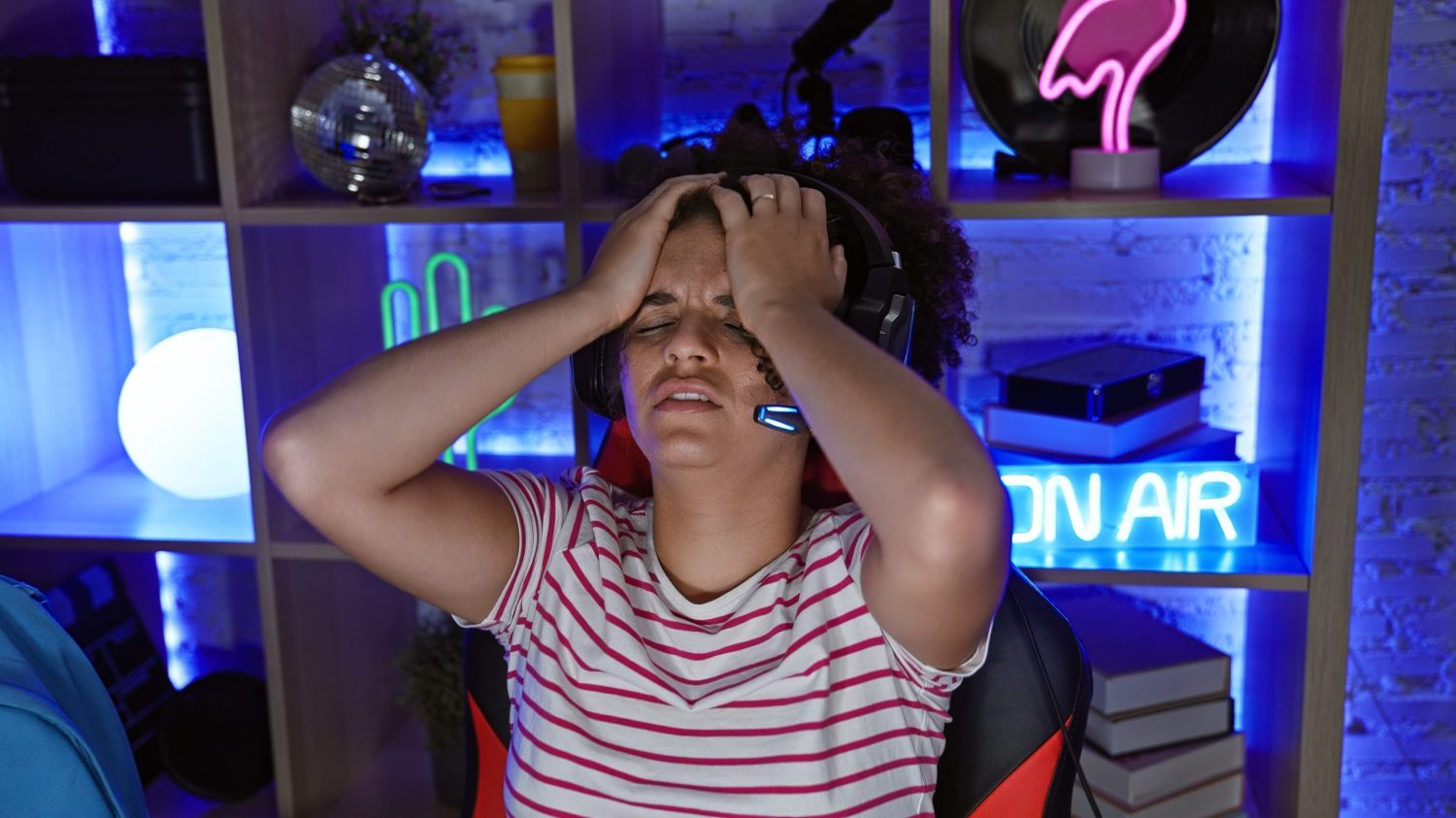Treating Symptoms or Treating Causes?
Therapeutic Video Games for Mental Health
Abstract
1 Treating Symptoms or Treating Causes?
My phone buzzes. I flip it over apologetically, so that the screen is hidden. This gesture is partly to reassure my colleague that he has my full attention, and partly to conceal the fact that slotted between the usual email notifications and calendar reminders are messages from an adorable, animated bird called ‘Twaddles’ asking me how I’m doing today.
In fact, if I were to scroll through all the alerts I’ve received in the last 24 hours, you’d see multiple prompts from a smiley cloud inviting me to take some deep breaths, hourly check-ins from an anthropomorphic cactus suggesting that I log my mood, and announcements from The Forest letting me know that I have unspent Productivity Gems that I can exchange for Seeds of Calm.
This onslaught of advice from pastel-coloured cartoons is a problem of my own creation. My research into the rapidly expanding ‘digital mental wellness market’ has led me to install dozens of different therapeutic apps and games on my phone. I’ve found that while there is a wide variety of cute animal mascots representing these apps, their core functions are often the same, consisting of guided breathwork, journaling, affirmations, and some CBT-style exercises. These activities are gamified in predictable ways: collectibles, win streaks, customizable avatars, and daily rewards abound.
The strategies used by these apps to ensure adherence to self-care regimes are strikingly similar to the techniques employed by extractive, pay-to-play mobile games. Exploitative mobile games rely on so-called ‘Skinner Box’ mechanics to coerce players into spending more money (or more time) in an app than they would otherwise. This raises a perennial ethical question: do the ends justify the means? Is it ok for mental wellness games to use manipulative tricks in the service of encouraging healthier habits?
Alongside the ethicist Gabriela Pavarini and the clinical psychologist Lindsay Smith, I’ve been working on a systematic review of the ethics of designing apps and games for therapeutic purposes [1]. Most of the papers we’ve read approach ethical concerns from the perspective of efficacy: if there are robust data suggesting the app or game ‘works’ as a therapeutic intervention, then all other ethical concerns are seemingly allayed. Only a handful of papers in our sample took a meta-critical stance that acknowledged the social, political, and economic concerns associated with gamifying mental health.
We found that many studies rhapsodized about how cheap, accessible, appealing, discreet, and convenient gamified digital wellness interventions are, without reflecting on why vital mental health services are underfunded, inaccessible, intimidating, stigmatized, and inconvenient. If anything, valuing gaming interventions primarily because they are low-cost, marketable, and scalable is an implicit endorsement of the neo-liberal, capitalistic, consumerist logic that makes so many of us feel overwhelmed, apathetic, and isolated in the first place. To put it another way, ethical debates in the critical literature that we surveyed did not address the conditions that have contributed to the current mental health epidemic. Most attempted to measure the extent to which a game or app might treat an individual’s symptoms without accounting for the systemic causes that make gamified telehealth seem like a necessary and attractive option.
This is a missed opportunity – not least because digital games are brilliant at modelling systems. As rules-based experiences, video games can simulate complex interactions between different variables. They can allow players to understand and experiment with the matrix of cultural, political, and environmental factors that cohere to produce individual suffering. In other words, digital games could let us locate our experiences as individuals within a ‘bigger picture’ that includes our social communities, our professional lives, and the political ideologies that we operate within.
Neglecting the rhetorical power of rules-based systems is not the only way in which many digital therapeutic interventions fail to make the most of video game affordances. I was struck by the narrowness of what constituted ‘play’ in most of the apps and games I encountered [2]. Analogue play- in particular role play, toy play, and expressive play – has a long and well-theorized history as a therapeutic tool. And yet, in the vast majority of apps and games I downloaded, playfulness was limited to the kind of points-based competition that can be quantified on a leader board. This has ethical implications too. Mastery-based play makes ‘getting better’ a skill that one can hone through disciplined repetition, which puts the onus for recovery onto the individual. What is more, it pathologizes stress, unhappiness, and loneliness as ‘fail states’ that result from insufficient effort or ability. But the truth is, mental health is not a prize to be won, and players cannot min-max, grind, and optimize their way to wellness.
In contrast, there is something quite radical about the idea of an app or game that facilitates wellness by encouraging unproductive play. Serious Games are often defined as games that serve an extrinsic purpose, where ‘extrinsic’ is used as a synonym for ‘higher’. Most custom-made games for therapeutic interventions position themselves as ‘serious’ by any standard. However, autotelic play – play for play’s sake – may be a powerful way to resist the structures that make us feel alienated, drained, and unworthy. Play that is silly, taboo, subversive, mischievous, disruptive, and uninhibited – even play that is dark, frustrating, and fraught – enriches and balances ‘healthy’ play that is creative, cathartic, meditative, and affirming. I know first-hand and anecdotally that commercial-off-the-shelf (COTS) video games – from Animal Crossing to Halo – can be effective coping devices when used appropriately. They may not function as vehicles that deliver clinically proved treatments, but they do seem to help with stress management, self-worth, and mood repair. This is not in spite of the fact that some would condemn these games as a ‘waste of time’, but perhaps because of it.
Gabriela, Lindsay, and I found that many studies approach the ethics of designing therapeutic games as a set of costs and benefits. As we started compiling and organizing these costs and benefits, we noticed that factors that were described as benefits in some studies were presented as risks in others. For example, while some papers argued that digital therapeutic games promoted inclusivity, others argued that digital therapeutic games excluded many underserved demographics. Some studies asserted that gamification reduces attrition, while others reported extremely high rates of attrition compared to traditional interventions. We think these contractions between studies are the result of shallow engagement with ethical considerations. More specifically, we think that the dearth of humanities papers included in the critical discussion – and, in particular, the paucity of references to Games Studies articles – has impoverished ethical debates about digital therapeutic games. We would like to see much more engagement with scholarship on the ethics of gamification, scholarship on the ethics of different financial models for marketing and maintaining mobile games, scholarship by feminist, critical race, and critical disabilities researchers on gaming and social justice, and autoethnographic/critical-making scholarship on the restorative potential of game-playing and game-making.
As I dismiss another intrusion from Twaddles inviting me to share my Self-Care Achievement (logging my mood five days in a row!) with my social media followers, I imagine what would have happened if the app had tried to engage me in a genuinely playful interaction. Something silly, or something subversive. Would it have re-framed my perception of my work meeting? Would it have improved my mood? Would it have changed how I related to my colleague? The ease with which the self-care notifications blend with my usual ‘serious’ alerts, demands, and updates makes me feel that there is really nothing truly transformative about these apps. If anything, by fitting neatly and conveniently within the normal routine of my daily life, they strongly affirm the status quo.
I believe in the therapeutic potential of video games for the same reason I believe in the therapeutic potential of poems, paintings, performance, and pottery-making. These media can make us feel seen, they can show us new perspectives, they can bring us joy, offer us catharsis, and give us hope that there is some meaning in our suffering after all. But what digital games can do that other media cannot is draw our attention to the systems that structure our world and – through the power of imaginative ‘what if?’ play – remind us that other systems are possible.
References
Share this story. Choose your platform.
Want more updates and information from ACM? Sign up for our Newsletter.
Related Articles

The Toxic Cost of Cheap Usernames
Toxicity in video games, acting in a rude, abusive, bullying, or deliberately losing manner, ruins competitive team-based video game experiences for everyone involved.
August 12, 2024,

What Are the Points of Concern for Players about VR Games
In recent years, the VR boom has signaled fruitful applications in fields such as education, industry, animation, and entertainment.
August 22, 2024,

An Empirical Study of VR Head-Mounted Displays Based on VR Games Reviews
In recent years, the VR tech boom has signaled fruitful applications in various fields.
August 22, 2024,

